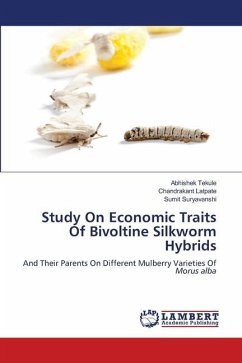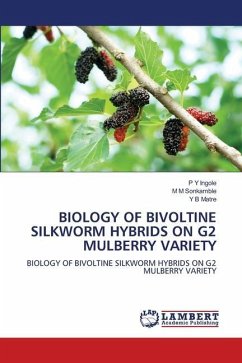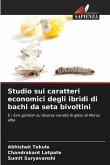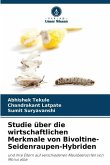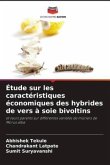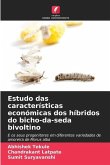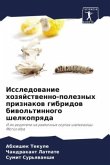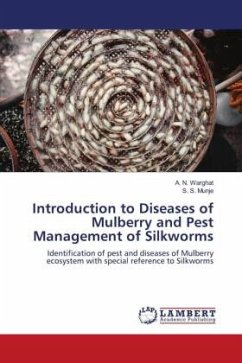Sericulture is a rearing of silkworm for the production of raw silk. The natural silk is obtained from four species of silkworm viz. Mulberry silkworm (Bombyx mori), Tassar silkworm (Antheracea mylitta.), Muga silkworm (Antheracea assamensis) and Eri silkworm (Philosemia ricini). The mulberry silk is one of the superior over other silk.The quality and quantity of mulberry silk is greatly varied with respect of different condition to which the plan is exposed. The component of leaf varies according to variety of mulberry and high yielding bivoltine silkworm hybrids. It is advisable to choose silkworm strain and mulberry variety which is suitable for particular region. India has strong sericultural base with enormous potential for boosting silk production. In India's context, stability of double cross hybrid with higher survival is more relevant than higher productivity under prevailing situation. The stability of bivoltine crop was not achieved mainly due to climate, rearing and socio-economic conditions. This necessitated evolution of the double cross hybrid silkworm breeds for increased cocoon and gradable raw silk production.
Bitte wählen Sie Ihr Anliegen aus.
Rechnungen
Retourenschein anfordern
Bestellstatus
Storno

